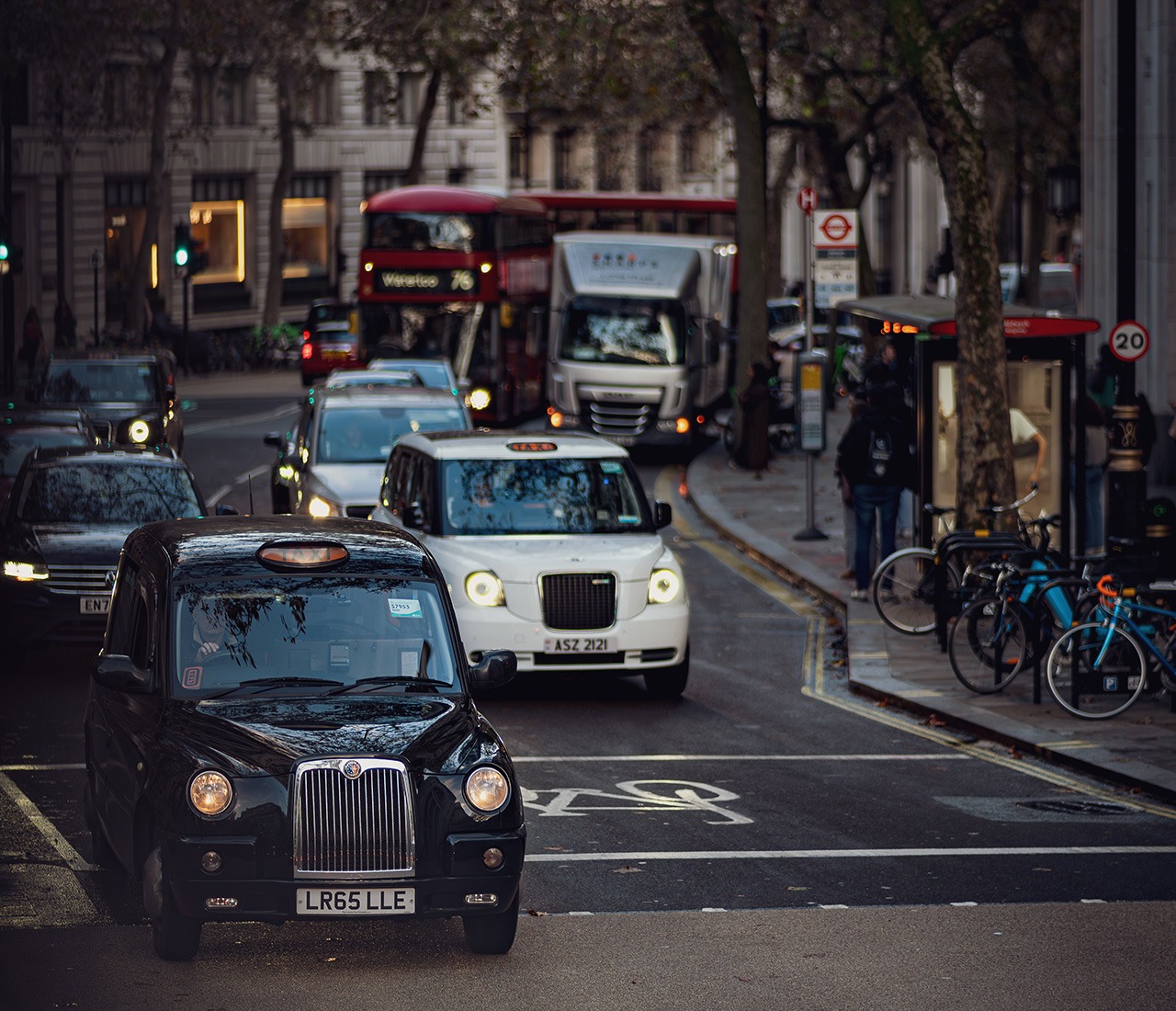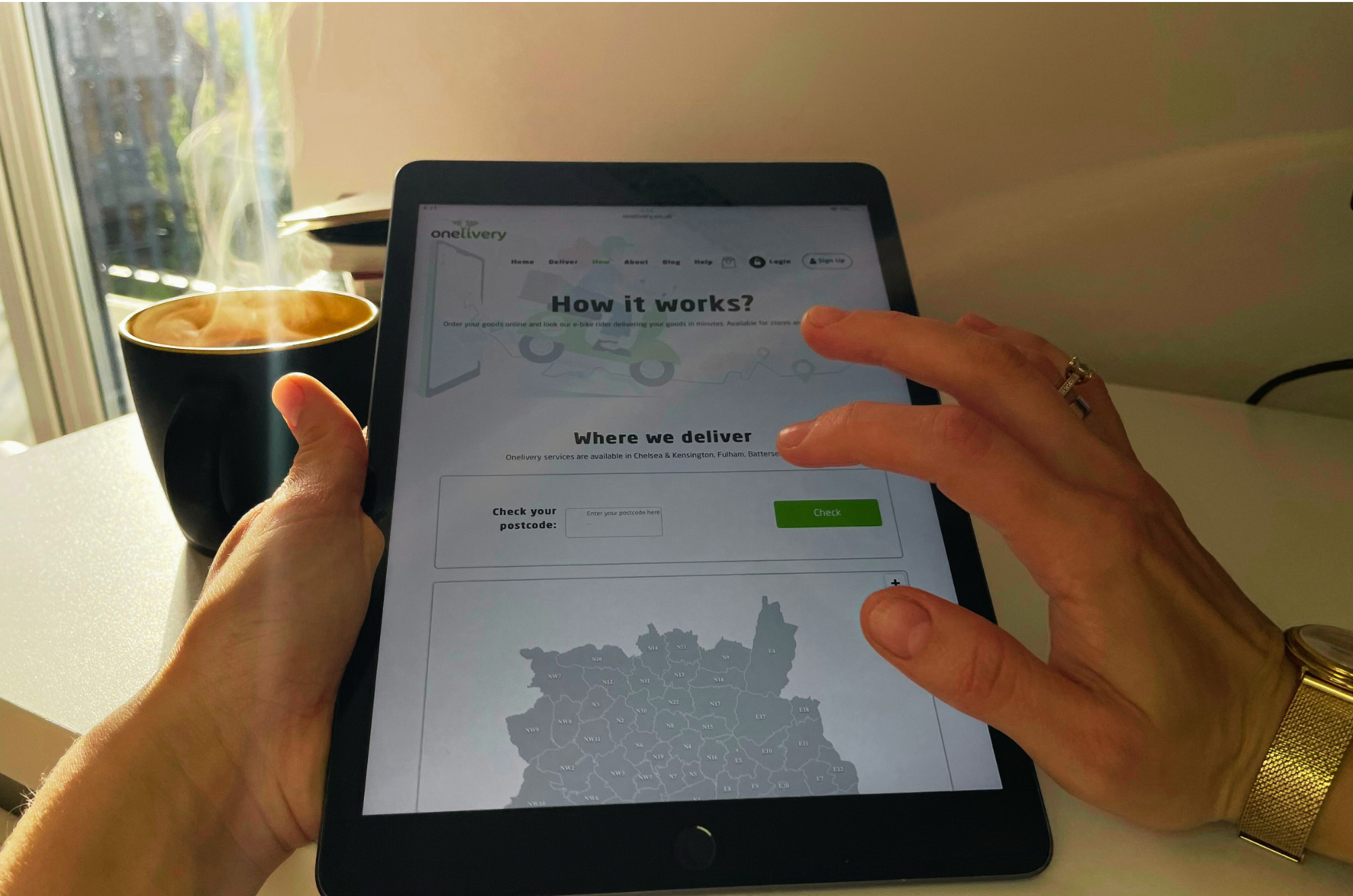In the wake of the COVID-19 pandemic, delivery services have become an essential part of our daily lives. Whether it's groceries, clothing, or electronics, these services have offered convenience and safety during challenging times. However, as we embrace this convenience, it's imperative that we also consider the environmental consequences of our delivery choices. In this article, we'll explore the ethical dilemmas surrounding the environmental impact of delivery services and examine how both consumers and businesses can contribute to a more sustainable future.
Last-mile delivery, the final leg of a product's journey from the warehouse to the consumer's doorstep, has a significant environmental footprint. Traditional delivery methods often involve fossil-fuel-powered vehicles that emit greenhouse gases and contribute to air pollution. The sheer volume of deliveries, particularly in urban areas, exacerbates these issues.
Consumers' Perspective
From a consumer's perspective, the allure of doorstep delivery is undeniable. It saves time and minimises exposure to crowded stores, making it an attractive option post-pandemic. However, it's essential for consumers to be aware of the environmental cost associated with their choices. Opting for same-day or next-day delivery, for instance, may be convenient, but it typically has a higher carbon footprint due to expedited shipping methods. To align with environmental ethics, consumers can consider the following steps:
Choose Sustainable Options: Opt for slower shipping methods or consolidate orders to reduce the number of deliveries.
Support Sustainable Practises: Choose businesses that prioritise eco-friendly packaging and delivery methods.
Explore Alternatives: Look for alternative delivery methods that prioritise sustainability, such as local pickup points, neighbourhood delivery hubs, or eco-friendly courier services
Businesses' Perspective
Businesses, too, play a crucial role in the ethical delivery landscape. As they adapt to changing consumer demands, they have the power to make environmentally conscious choices that benefit both their brand and the planet.
Eco-Friendly Fleet: Companies can invest in electric or hybrid delivery vehicles, reducing their carbon footprint. Sustainable Packaging: Employing eco-friendly packaging materials can significantly decrease waste. Optimise Routes: Efficient route planning can reduce fuel consumption and emissions. Transparency: Businesses can communicate their sustainability efforts, building trust with eco-conscious consumers.
Delivery services are indeed here to stay, yet we must evolve them responsibly. At Onelivery, we recognise our role in this paradigm shift towards sustainability. That's why we're committed to using only eco-friendly delivery methods to fulfil every order. From electric vehicles to biodegradable packaging, we prioritise environmentally conscious practises at every step. By making these choices, we not only minimise our own carbon footprint but also inspire others to follow suit. Together, we can pave the way for a brighter, greener future in the delivery industry.









